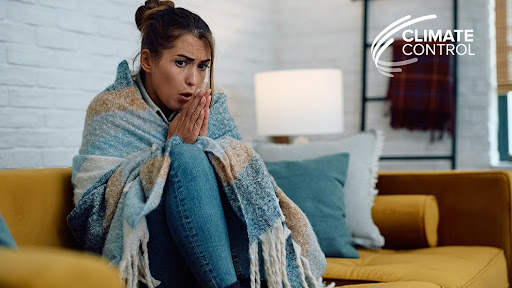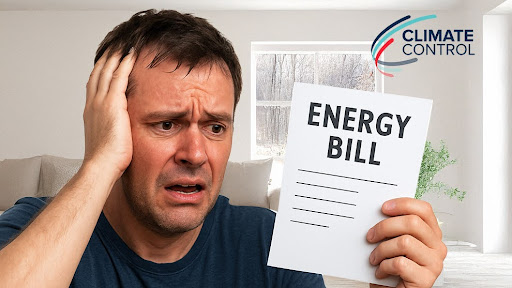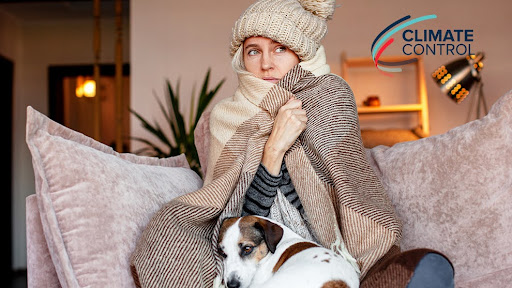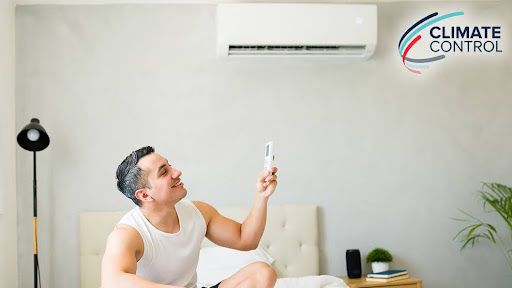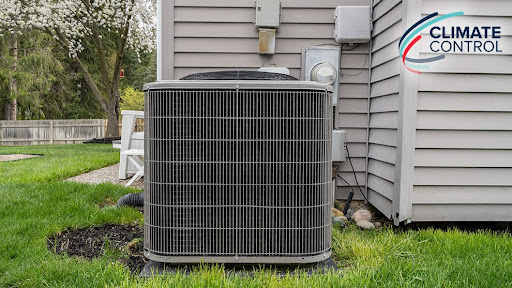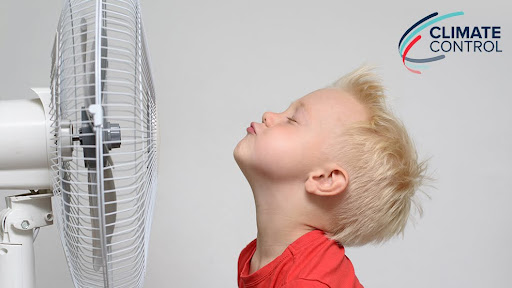Reducing hot water heating costs boils down to two strategies: Use less hot water and/or use water that’s less hot. There are several strategies to accomplish this, and the effort can be worth your while in terms of energy savings. After your furnace and A/C, your water heater is typically the largest energy consumer in the house, averaging about 18 percent of your annual energy expense. About 700 gallons of hot water per week are used by a four-person household. Here are five tips to bring that number down:
- Low-flow shower heads and faucet aerators can cut hot water usage in half in the average household, saving 14,000 gallons of water a year plus the cost of the energy to heat it. Look for shower heads with a rate of flow less than 2.5 gallons per minute. Screw-type faucet aerators for the kitchen are available in flow rates of 2.2 gallons per minute while the bathroom variety go as low as a half gallon per minute
- Keeping the shower running while soaping up or shampooing also needlessly wastes hot water. Handle or button shut-off valves to interrupt the shower flow prevent energy from going down the drain.
- Washing dishes only when the dishwasher has a full load is another way to keep the water heater on/off cycles to a minimum.
- When washing clothes, consider using a cold-water detergent and washing on the cold setting. At the minimum, always select a cold water rinse.
- Most residential water heaters come preset to 140 degrees. That’s too hot for most domestic uses and poses a scalding hazard in addition to wasting energy. Turning the water heater thermostat control down to 120 degrees — on the thermostat dial of most heaters, that’s midway between the “Low” and “Medium” settings — can save up to 10 percent of the energy cost of the 140-degree setting.
Climate Control Company has built long-term relationships with homeowners and businesses in Western Colorado. Contact us for more advice on reducing water heating costs without sacrificing comfort.
Our goal is to help educate our customers in Aspen, Vail and the surrounding Western slope communities in Colorado about energy and home comfort issues (specific to HVAC systems). For more information about water heater costs and other HVAC topics, please visit our website.
Image courtesy of Shutterstock

